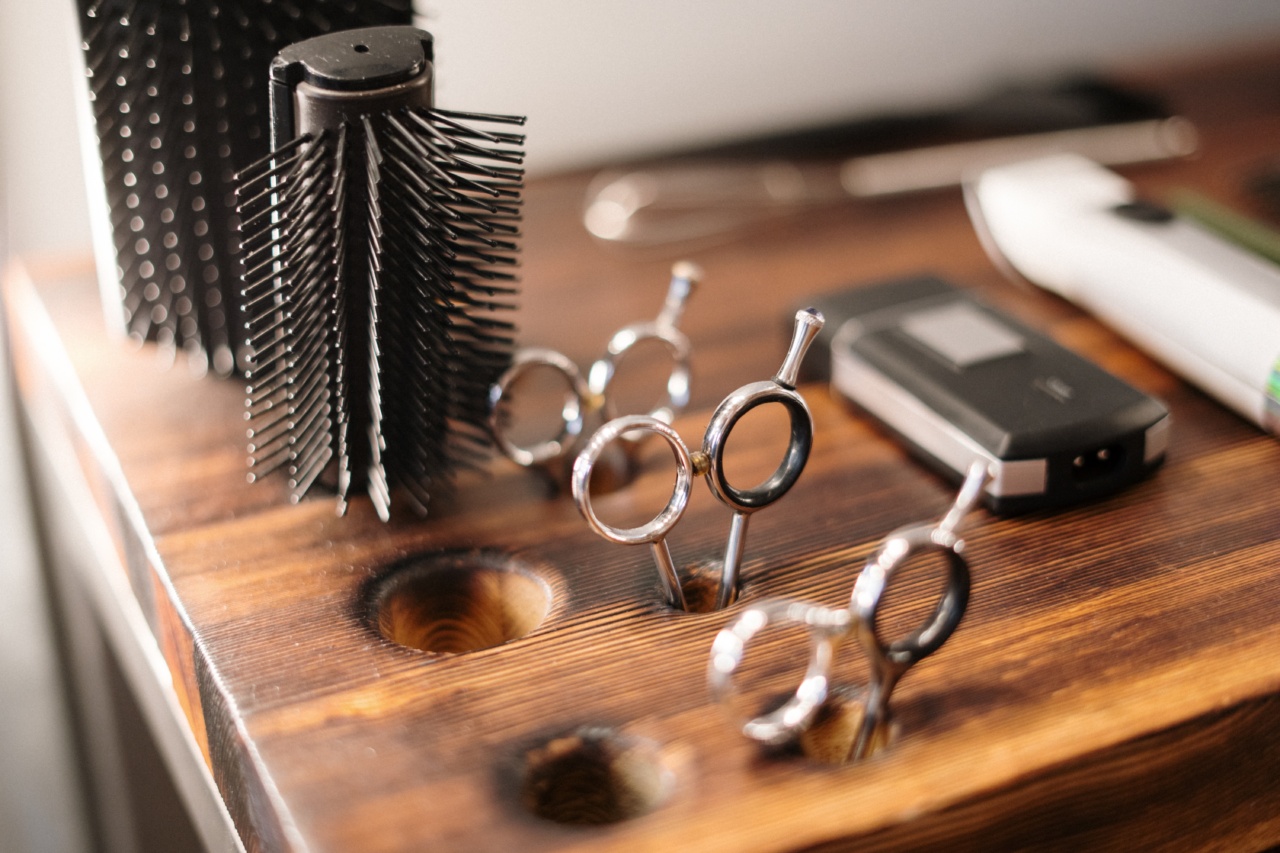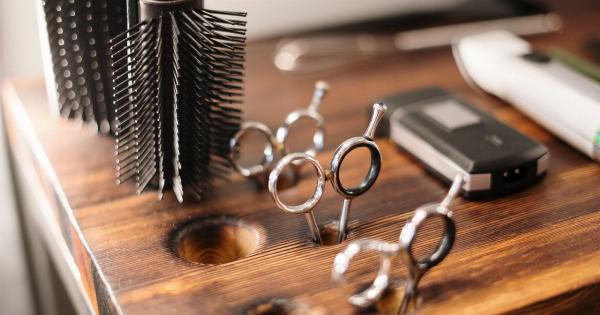When it comes to maintaining healthy, luscious locks, it’s not just about the products you use or how often you visit the salon. Your diet can also play a significant role in the health of your hair.
Nutritional deficiencies can lead to hair loss, thinning, and dryness, which can make it challenging to achieve the desired hairstyle.
Iron Deficiency and Hair Loss
Iron is an essential mineral for healthy hair growth. It helps your body produce hemoglobin, a protein found in red blood cells that carries oxygen to your cells and tissues.
If you don’t get enough iron in your diet, your body may not produce enough hemoglobin, which can lead to anemia. Anemia can cause hair loss, as well as fatigue, weakness, and shortness of breath.
If you are experiencing hair loss and suspect that an iron deficiency may be the culprit, it’s essential to speak with your healthcare provider. Your healthcare provider can perform a simple blood test to determine if you have an iron deficiency.
If you do, they may recommend iron supplements, dietary changes, or other interventions.
Vitamin D Deficiency and Hair Loss
Vitamin D is another critical nutrient for healthy hair growth. It helps your body absorb calcium, which is necessary for strong bones and teeth. Vitamin D also helps your hair follicles grow new hair.
Just like with iron deficiency, a vitamin D deficiency can lead to hair loss.
You can get vitamin D from sunshine, food, and supplements. However, many people don’t get enough vitamin D from their diet or through exposure to the sun.
If you suspect that you have a vitamin D deficiency, you should speak with your healthcare provider. They may recommend a vitamin D supplement or changes to your diet.
Vitamin B12 Deficiency and Hair Thinning
Vitamin B12 is essential for healthy red blood cells, which carry oxygen to your tissues. If you don’t get enough vitamin B12 in your diet, your body may not produce enough red blood cells, which can cause anemia.
Like iron and vitamin D deficiencies, anemia can lead to hair loss.
However, a lack of vitamin B12 can also cause other hair issues, such as hair thinning and dryness.
If you are experiencing hair thinning or dryness and suspect that a vitamin B12 deficiency may be the cause, it’s essential to speak with your healthcare provider. They can perform a simple blood test to determine if you have a vitamin B12 deficiency and recommend supplements or dietary changes.
Zinc Deficiency and Dry Hair
Zinc is an essential mineral for healthy hair growth. It helps your body repair damaged tissues and produce new cells. If you don’t get enough zinc in your diet, your hair may become dry and brittle. Zinc deficiency can also contribute to hair loss.
You can get zinc from your diet by eating foods such as oysters, beef, chicken, beans, and nuts. If you suspect that you have a zinc deficiency, you should speak with your healthcare provider. They can recommend dietary changes or supplements.
Copper Deficiency and Poor Hair Pigmentation
Copper is another essential mineral for healthy hair growth. It helps your body produce melanin, the pigment that gives your hair its color. If you don’t get enough copper in your diet, your hair may become lighter or turn gray.
You can get copper from your diet by eating foods such as shellfish, liver, nuts, and seeds. If you suspect that you have a copper deficiency, speak with your healthcare provider. They can recommend dietary changes or supplements.
Protein Deficiency and Slow Hair Growth
Protein is essential for healthy hair growth because it provides the building blocks for your hair. If you don’t get enough protein in your diet, your hair may grow more slowly, or it may become weak and brittle.
You can get protein from your diet by eating foods such as eggs, fish, poultry, lean meats, beans, and nuts. If you suspect that you have a protein deficiency, speak with your healthcare provider. They can recommend dietary changes or supplements.
Omega-3 Deficiency and Dry, Brittle Hair
Omega-3 fatty acids are essential for healthy hair growth because they help keep your scalp hydrated. If you don’t get enough omega-3s in your diet, your hair may become dry and brittle.
You can get omega-3s from your diet by eating foods such as fatty fish, flaxseeds, and chia seeds. If you suspect that you have an omega-3 deficiency, speak with your healthcare provider. They can recommend dietary changes or supplements.
Conclusion
Your diet plays a significant role in the health of your hair. Nutritional deficiencies can lead to hair loss, thinning, dryness, and poor pigmentation. If you suspect that you have a nutritional deficiency, speak with your healthcare provider.
They can perform simple blood tests to determine which nutrients you may be deficient in and recommend supplements or dietary changes.




























